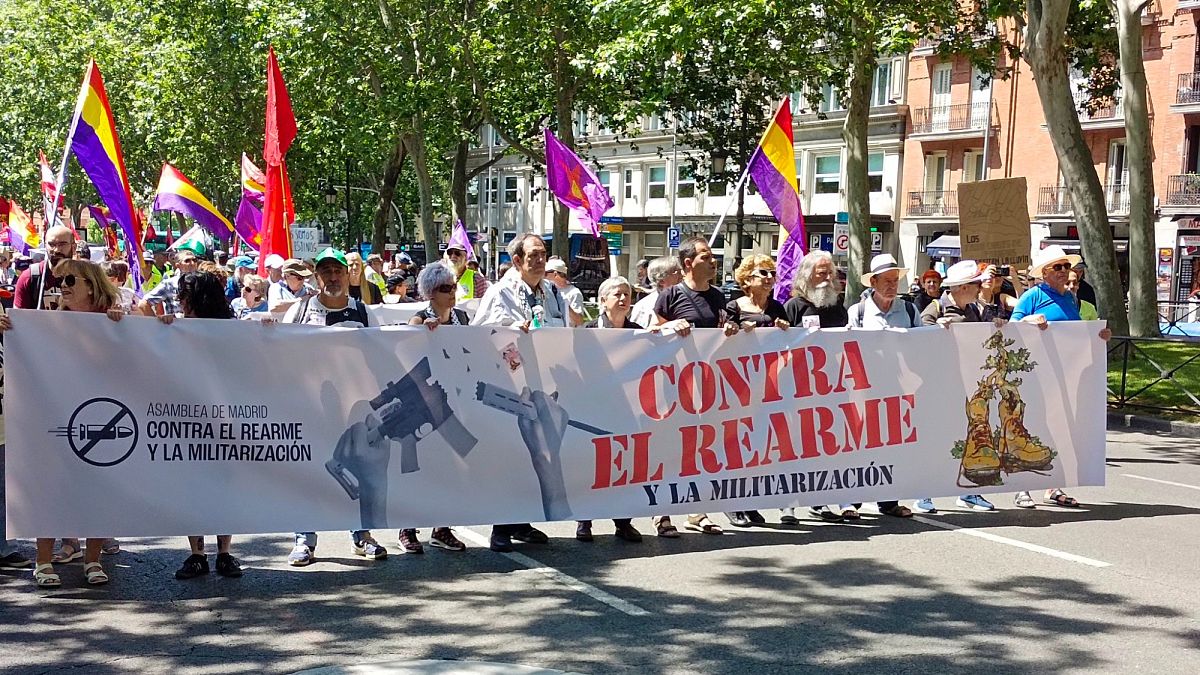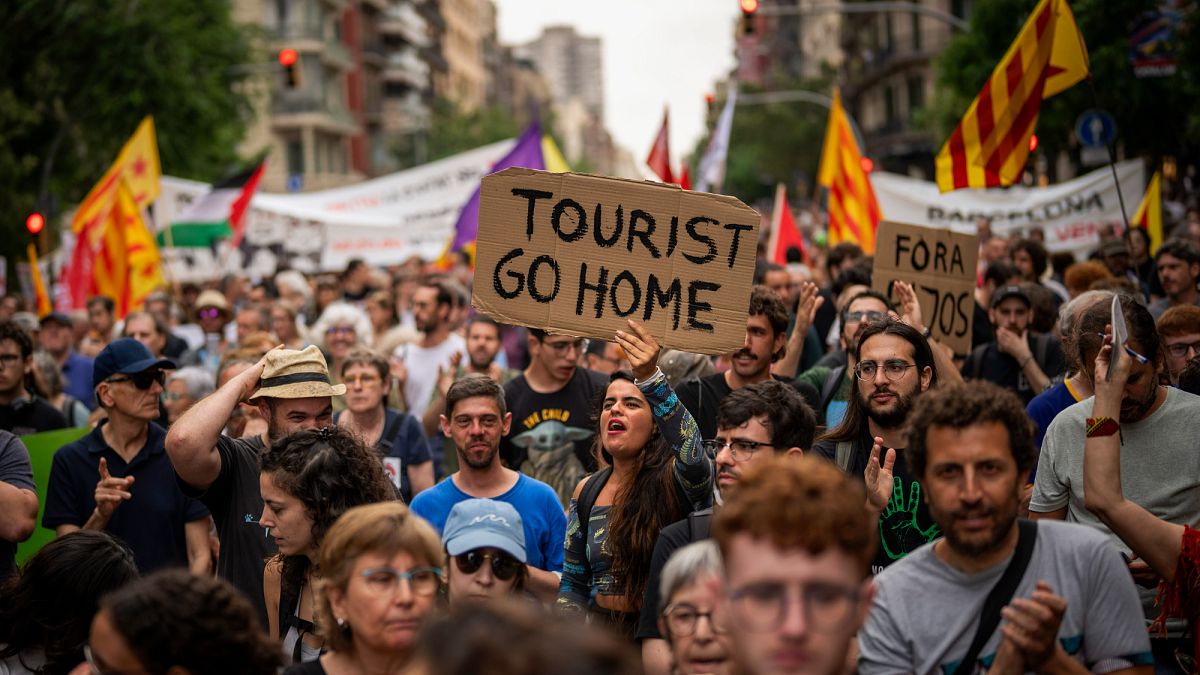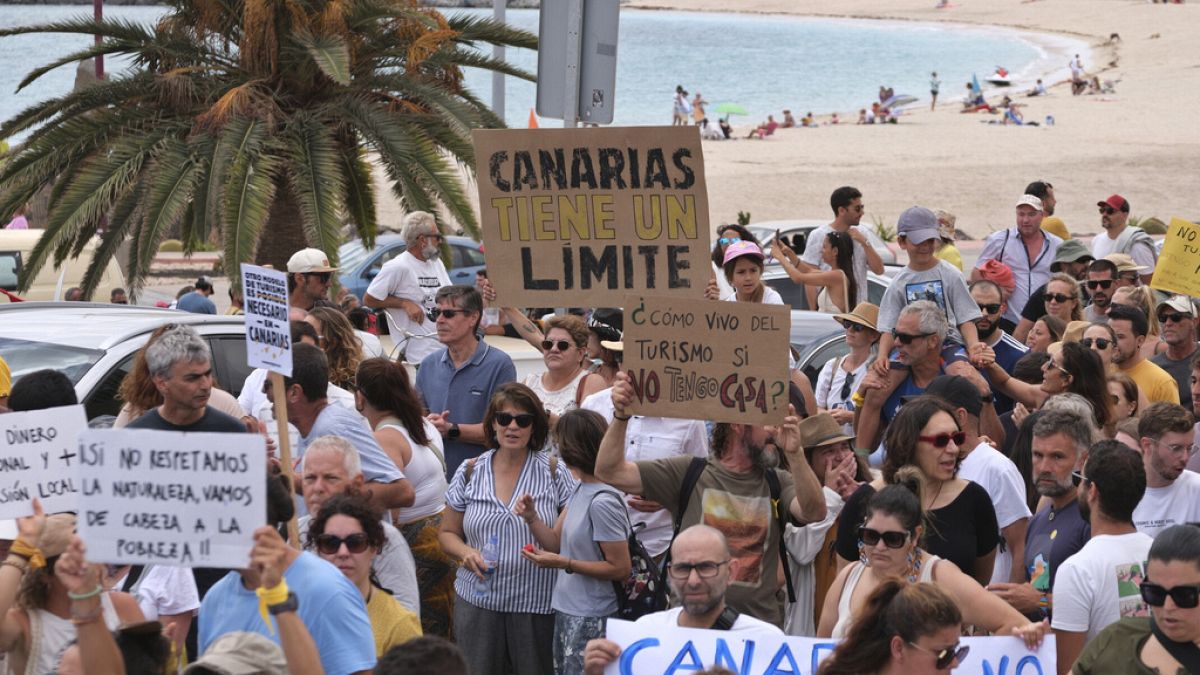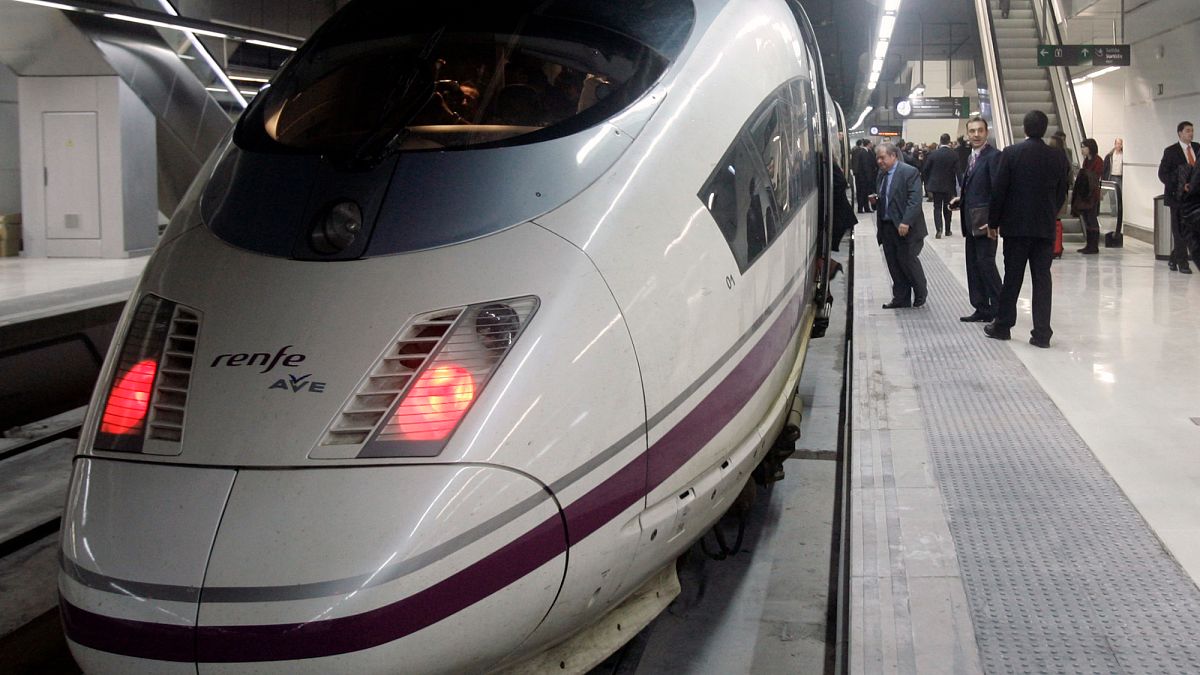Von der Leyen to Orbán: We do migration reform by ‘qualified majority’
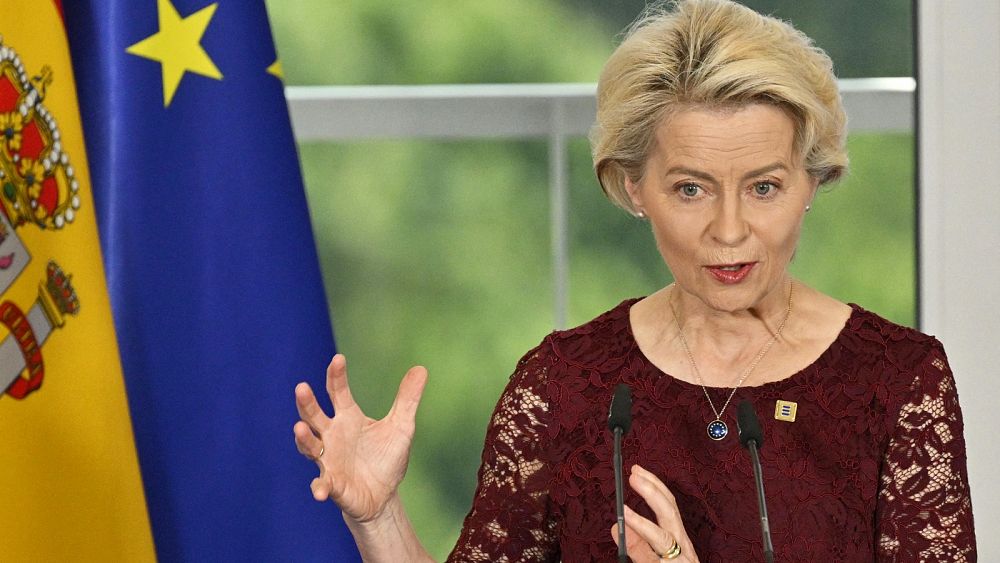
The European Union is in the midst of reforming the common rules that govern the reception and relocation of asylum seekers.
Ursula von der Leyen on Monday made it clear to Poland and Hungary that decisions over the bloc’s migration policy are to be taken by qualified majority, mere days after the two countries hijacked a leaders’ summit to protest a proposed reform and demand voting by unanimity.
“That’s what the treaties say and that’s what we have delivered on,” the European Commission president said during an official visit to Madrid.
The dispute began last month when home affairs ministers struck a provisional deal on a proposed regulation to establish a new system of “mandatory solidarity,” which would give member states three options to manage new arrivals: accept a number of asylum seekers in their territory, pay €20,000 for each rejected applicant or finance operational support, such as infrastructure and transport.
The deal was hailed as a major breakthrough by most European leaders but was immediately met with the fierce opposition of Hungary and Poland, two countries that have long espoused hard-line views on the issue of migration.
Hungary and Poland resent the fact the agreement was reached by a qualified majority – at least 15 member states representing 65% of the EU population – rather than by unanimity, which allows the exercise of veto power.
In reaction to what they have called a “coup-like” decision, the governments of Viktor Orbán and Mateusz Morawiecki demand that any further steps on migration reform will be taken by “consensus” and only on a “voluntary basis.”
But von der Leyen shut down the request on Monday, appealing to the voting rules laid out by the founding treaties.
“The pact for migration and asylum: the first important parts have been decided like the (EU) treaty wants us to do, in qualified majority voting, and that goes all for the other packages,” the European Commission president said, referring to the multi-part overhaul that her executive has proposed.
Von der Leyen noted the EU was at a “crucial point” and that a change of atmosphere had brought migration reform nearer than ever.
“We want to move forward together,” she said.
Her comments were delivered during a trip to Madrid to mark the start of Spain’s six-month presidency of the EU Council. Speaking by her side, Spanish Prime Minister Pedro Sánchez echoed the Commission chief’s sentiment.
“Well, it’s on the treaties. There’s no greater political legitimacy than complying with the treaties,” Sánchez said when asked about the Hungarian-Polish position.
“There’s indeed a possibility to move forward with files that have long been kept in the drawer and that, right now, we have a real chance of wrapping up.”
The Spanish leader called for a “constructive approach” to the negotiations between the Council and the European Parliament so as to achieve a final deal that “is positive for everybody” and strikes a “balance” between responsibility and solidarity.
Sánchez said that closing the deal during the Spanish presidency would be “very important” and “symbolic” given Spain’s role as a frontline country and its first-hand experience with past migration crises.
“The most important thing is not to forget that the challenge of irregular migration must lead us to a common response, a European response, not a response that is an aggregate of national realities,” Sánchez said.
“We also have to overcome this dilemma.”
Source: Euro News




